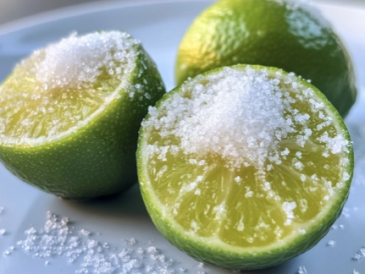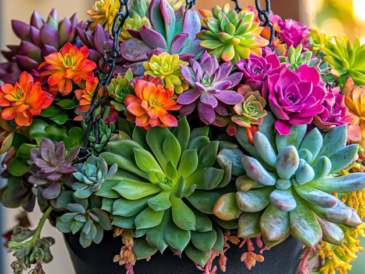- Select the Right Lemons: Start by choosing lemons that are firm, free of blemishes, and without any soft spots. Fresh, unblemished lemons will last longer than those that are already starting to spoil.
- Wash and Dry the Lemons: Rinse the lemons under cool water to remove any dirt or pesticides. Pat them dry thoroughly with a clean towel. Any moisture left on the lemons can encourage mold growth.
- Prepare the Jar: Choose a clean, airtight glass jar or container that is large enough to hold your lemons comfortably. Make sure the jar is completely dry before use.
- Add Lemons to the Jar: Place the dry lemons in the jar, ensuring they are not overcrowded. Leave some space between each lemon for even coverage.
- Pour Olive Oil: Fill the jar with olive oil, making sure the lemons are fully submerged. The oil acts as a barrier, preventing air from reaching the lemons and causing them to spoil. Olive oil also has antimicrobial properties that help keep the lemons fresh.
- Seal and Store: Once the lemons are completely covered with olive oil, seal the jar tightly with a lid. Store the jar in a cool, dark place, such as a pantry or a cupboard. Avoid direct sunlight or heat, as these can spoil the oil and the lemons.
- Use as Needed: Whenever you need a lemon, simply remove one from the jar, wipe off the excess oil, and use it as you normally would. Remember to seal the jar again to keep the remaining lemons fresh.
Why This Method Works
The olive oil method works because it creates an oxygen-free environment that prevents the lemons from dehydrating and spoiling. The oil acts as a natural preservative, sealing in the lemons’ moisture and flavor. Additionally, olive oil’s antimicrobial properties help to protect the lemons from bacteria and mold, keeping them fresh for a longer period.
Additional Tips for Long-Lasting Fresh Lemons
- Inspect Regularly: Check your jar of lemons every few weeks to ensure they are still completely submerged in oil and there is no mold or spoilage. If you notice any lemons starting to spoil, remove them immediately to prevent affecting the rest.
- Use Quality Olive Oil: Choose high-quality olive oil for the best results. The oil will absorb some of the lemon’s flavor over time, and you can use it in cooking or as a salad dressing.
- Label Your Jar: If you’re storing multiple batches, label each jar with the date to keep track of freshness.
Other Methods to Keep Lemons Fresh
If olive oil isn’t your preference, here are a few other methods to consider:
- Store in the Fridge: Place lemons in a sealed plastic bag in the refrigerator. This method can keep lemons fresh for up to a month by reducing moisture loss.
- Wrap in Aluminum Foil: Wrapping each lemon individually in aluminum foil before refrigerating can help extend freshness by preventing moisture loss and slowing down the ripening process.
- Submerge in Water: Store lemons in a container filled with water, changing the water every few days. This method can keep lemons fresh for up to three months.
Conclusion
By using the olive oil method, you can keep lemons fresh for up to a year without freezing or cooking them. This simple yet effective technique not only saves you money but also ensures you always have fresh lemons on hand whenever you need them. So next time you buy lemons in bulk, try this method and enjoy the fresh taste of lemon all year long. Give it a try, and you’ll be amazed at how well it works!




